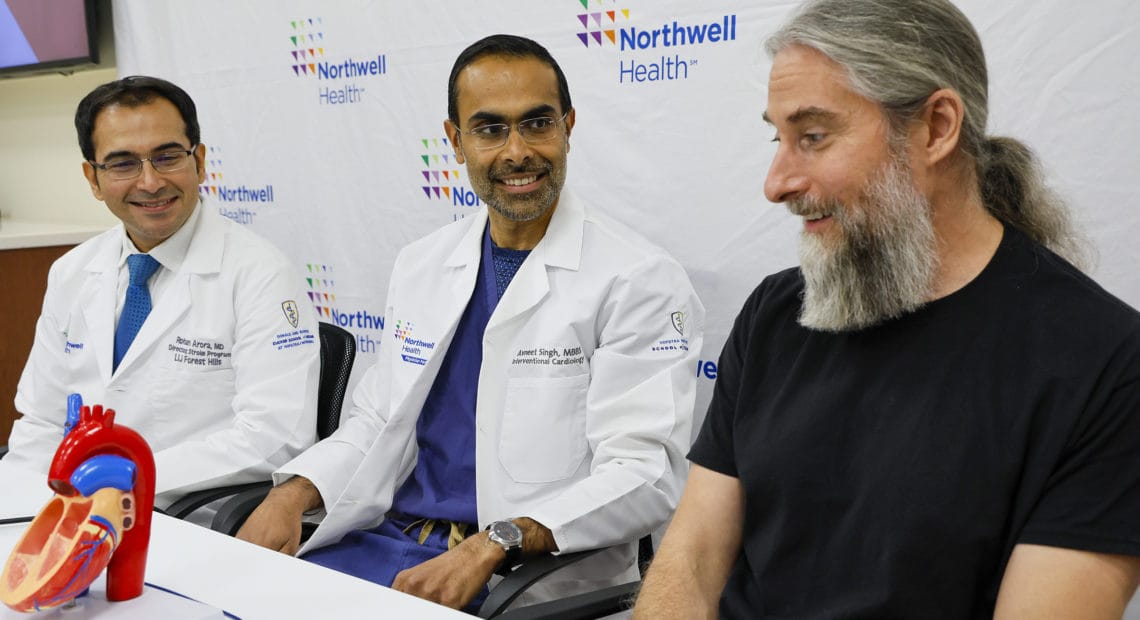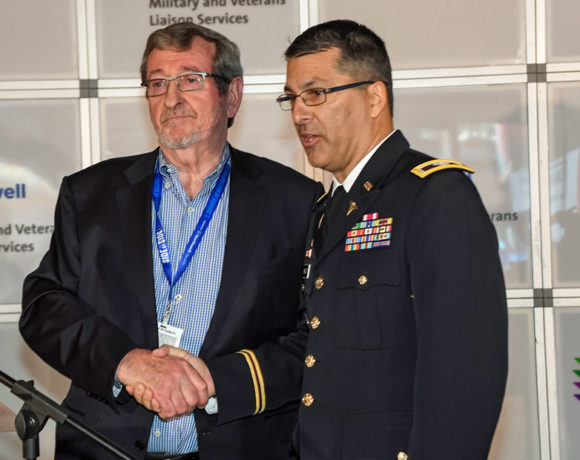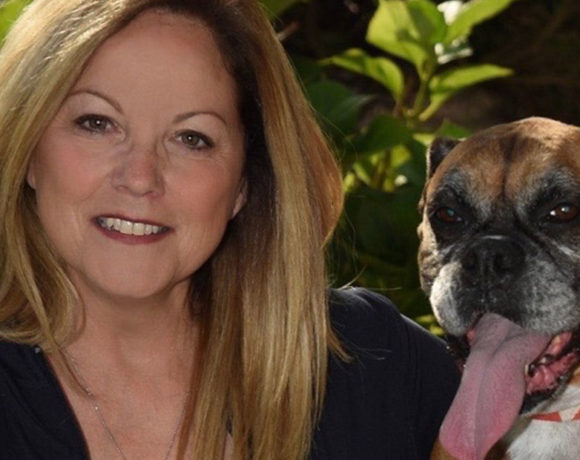Scott McPartland, 50, of Queens, NY, is the first to admit that he lives a life of adventure – and danger – that few would appreciate. As a storm chaser, his job is to travel to locations being affected by extreme weather and document the activity. The footage he records is then sent to local and national news outlets.
But on May 18, Mr. McPartland did his best work when his indoor surveillance camera inadvertently captured him having a stroke in real time. As it turned out, it took extensive detective work from Northwell Health specialists to determine the root cause of the stroke: He had been living with a congenital heart defect that could have ended his life.
“I just remember that I was vacuuming and all of sudden, I was on the ground.,” said Mr. McPartland. “At first I thought was having an anxiety attack. It seemed that I was on the ground for about four seconds when actually it was 23, which we know because of the video footage. It was terrifying to realize that I lost the ability to speak. Thankfully, my wife and brother-in-law got to me LIJ Forest Hills. All I remember is that it felt like I was being locked inside my own head.”
Once at LIJ Forest Hills, Mr. McPartland was seen by Rohan Arora, MD, director of the stroke program at the hospital. There, he was treated with the clot-busting drug, tPA.
“When tPA is administered within one hour of a stroke, what we call ‘The Golden Hour,’ the medicine has the potential to save vital brain cells and reduce disability,” said Dr. Arora. “In Mr. McPartland’s case, the fact that was realized it was important to get to the hospital and receive treatment enabled him to have a quicker recovery. Almost immediately, his speech disturbance was on the mend.”
But, the question remained: Why would a young man in excellent physical shape suddenly have a stroke? Tests revealed that Mr. McPartland had a blockage of a major blood vessel in the brain that generally requires microsurgical clot removal, so she was transferred to the comprehensive stroke center at North Shore University Hospital in Manhasset.
“Further testing, including specialized echo/ultrasound tests of the heart, revealed a patent foramen ovale or PFO – a ‘hole in the heart’ – that connects the right heart chamber to the left heart chamber,” said Avneet Singh, MD, a Northwell interventional cardiologist. “Every person is born with a PFO that closes after birth. But when the hole does not close properly, there will be a problem. The hole is a small, flaplike opening between the upper heart chambers, called the atria. When the foramen ovale doesn’t close, it’s called a PFO.
“I give Mr. McPartland all the credit for coming to the hospital at the right time,” he continued. “Most people never need treatment for PFO; but they become important if you have a problem with blood clots.”
Dr. Singh explained that PFOs don’t actually cause strokes, but they provide a portal through which a clot might pass from the right to the left side of circulation. Depending on whether the clot takes a right or left turn as it exits the heart, it can travel to the brain and trigger a stroke. Both doctors agreed that Mr. McPartland’s work as an extreme weather photographer, doing work that demands long car rides and sitting for hours at a time, could expose him to the risk of developing blood clots in the legs. This would make it even more vital to close the PFO before any further dangerous developments occurred.
On August 8th, Mr. McPartland underwent a cardiac catheterization procedure at Long Island Jewish Medical Center (LIJ) to close the PFO. He was able to return home that same night. His recovery was so complete that on his 50th birthday on September 28th, Mr. McPartland was able to travel to Florida and capture footage of Hurricane Ian making landfall on the west coast of Florida.
On the four-month anniversary of his life-saving procedure, Mr. McPartland and his wife returned to LIJ to thank the two doctors who saved his life.
“I never imagined that I’d be able to be back at work just a few weeks after undergoing this procedure,” said Mr. McPartland. “It was a 50th birthday that I’ll never forget. In the end, all I can say about what I’ve learned is that we should never ignore what our body is telling us. If it doesn’t feel right, it’s not right. That’s the lesson here.”








Recent Comments